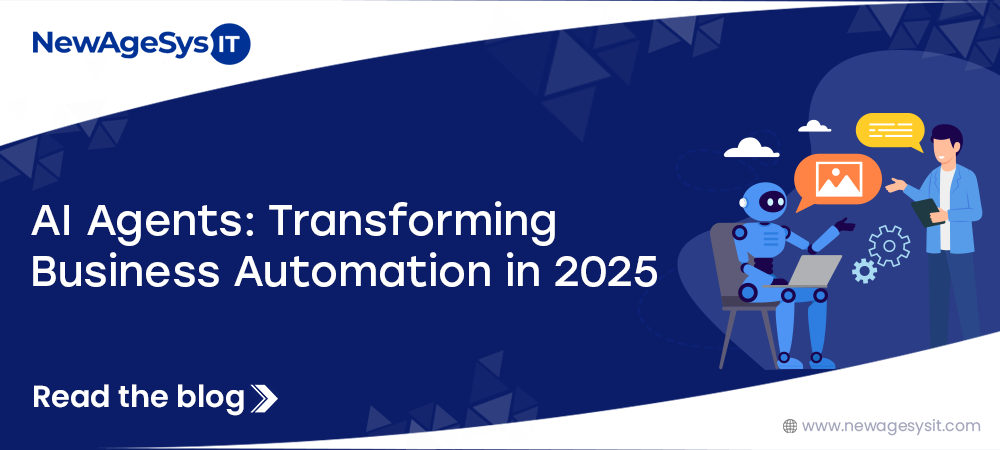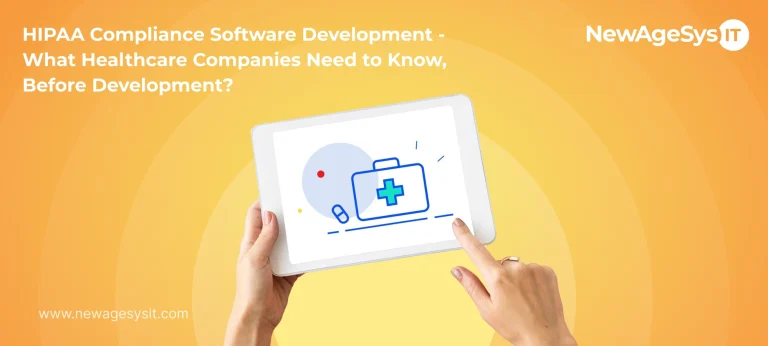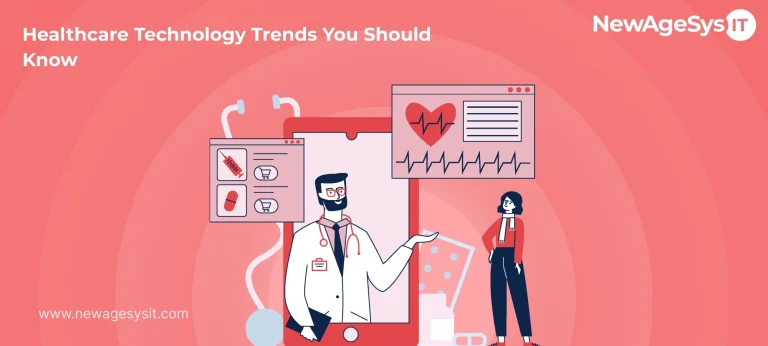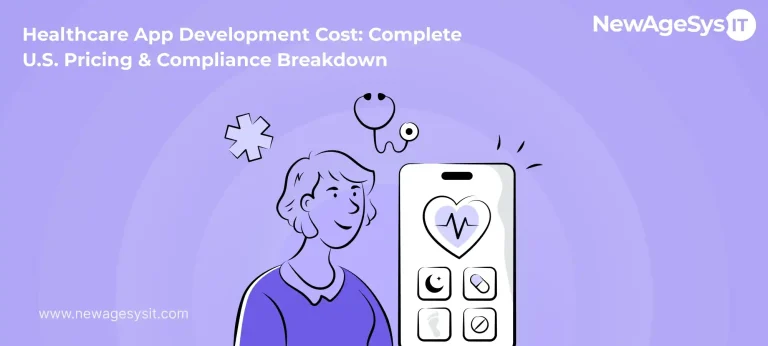AI is quickly becoming the most significant technology of the twenty-first century, with its total market share expected to grow by a whopping 36.6% in 2030. To put things in perspective, AI’s market share in 2024 is just $279.22 billion, with a revenue forecast of $1 trillion (1,811.75 billion) in 2030.
These numbers prove that a large percentage of companies are adopting AI technology. Business leaders turn to AI for various reasons, including its higher efficiency and reduced costs. Furthermore, it facilitates data-backed decision-making for businesses.
Of course, the most significant advantage of adopting AI in businesses is enhanced business automation. While business automation is nothing new, AI puts this transformation in overdrive. Advanced AI solutions, including AI agents in business automation, fuel the large-scale adoption of AI technology today.
Furthermore, AI agents are highly autonomous. This means they can independently make decisions, which simplifies automation even further. Moreover, AI agents in business automation can come in different shapes and sizes. You must choose AI agents that best align with your unique needs and your existing system. This blog will explain what AI agents are, their best use cases, and how you can implement them
What Are AI Agents and How Do They Work?
Think of AI agents as your virtual employees who never get fatigued. Much like your regular employees, they can observe changes, analyze data, and take action to complete a set of assigned tasks with practically zero human intervention.
At their core, AI agents in business automation are LLMs. In fact, they are also called AI agents and LLm agents. Think of it like a software system that uses an LLM like ChatGPT or Deepseek as its brain. Moreover, AI agents can learn and adapt over time, enabling a superior type of automation for your business.
How do AI Agents Work?
The logic behind the working of AI agents in business automation is simple. You can use the following steps to understand how an AI agent works.
Step 1: Observe & Collect Data
The AI agents first gather information from multiple sources like CRM, customer interactions, IoT sensors, etc.
Step 2: Process & Analyze Data
It then uses algorithms and machine learning to identify patterns, trends, and key insights from the collected data.
Step 3: Make Decisions & Take Action
The AI agent chooses the best course of action based on your specific business goals or learned behavior/data.
Step 4: Learn & Improve Over Time
It becomes smarter and more personalized with use, adapting based on new data while refining their decision-making.
What are the Types of AI Agents in Business Automation?
AI agents can be classified based on various aspects like reasoning and adaptability. The following classification will help you choose the right AI agents in business automation.

Besides the classifications above, there are more advanced AI agent systems you can consider for automating your business. Hierarchical agents and even multi-agent systems are examples of more complex Agentic AI. However, these systems can over complicate your workflow and may not bring the best results for your business.
Hence, it is always advisable to use the services of a reliable AI Development Company to choose the right AI agents for business automation. An expert like NewAgeSysIT can help you create more advanced and autonomous agentic systems that are personalized for your business needs.
How can you use AI Agents in Business Automation?
Now that you know the different types of AI agents in business automation, let’s take a closer look at some practical ways you can use them in your business
Customer Service & Support
- It can help you provide 24/7 customer support and instant answers to customer queries using AI chatbots.
- You can use AI agents to detect customer’s emotions and escalate complex issues.
Sales & Marketing Automation
- It can help you with lead nurturing and customer engagement efforts using AI-driven CRM systems.
- You can create highly personalized and automated email campaigns based on AI-driven segmentation.
Human Resources & Recruitment
- Use AI-powered applicant tracking systems to filter resumes and rank candidates based on job fit.
- You can automate employee training and provide interactive learning experiences using onboarding AI agents.
Finance & Accounting
- You can automate payment approvals and fraud detection with AI-based invoice processing.
- Expense tracking and financial forecasting can optimize your budgeting and cost management.
Supply Chain & Logistics Management
- AI-powered inventory management can help your business predict product demand and automate restocking.
- You can improve delivery efficiency by using route optimization AI agents to analyze real-time traffic data.
Steps to Implement AI Agents in Business Automation
Implementing or integrating AI agents in business automation can be a significant challenge and may require the help of a reliable Software Development Company. Here are some essential steps to integrate AI agents into your workflow.
Step 1: Assess and Establish your Workflow Requirements
Assess your workflow to find where to use AI agents in business automation to avoid repetitive tasks and save time.
Step 2: Choose the Best AI Agent Type
Make sure you choose the best AI agent for the task you wish to automate. If you are still using legacy solutions, seek the help of a Digital transformation specialist for a smoother transition.
Step 3: Select the Right AI Tools
In this stage, you must select the appropriate AI tools, such as Zendesk for customer service and Clara for coordinating meetings. But, make sure the AI tool you select can work well with your existing system.
Step 4: Integrate AI Agents to Your System
Most AI tools can integrate seamlessly with popular platforms like CRM, making it easily integrate them into your existing system. However, you may need Custom Software Development services for more complex integrations.
Step 5: Train and Personalize Your AI Agent
Depending on the type of AI agents in business automation, you must train them on proper data. For instance, you can train a customer support AI agent with customer FAQs and optimize it for better responses.
Step 6: Monitor and Recalibrate
Much like everything else digital, you have to continuously monitor and calibrate your AI agents so they can consistently deliver the desired results.
As you can see, AI agents in business automation have a lot of potential. They can help with everything from customer support to mobile app development. However, it is also true that AI still has a long way to go when it comes to complete autonomy.
An expert in AI and tech like NewAgeSysIT can help you use AI agents in business automation to their full potential. Whether you need to create an AI strategy for your business or create a fully custom AI agent, the experts at NewAgeSysIT can help you reach your goals.
Get expert help to add custom AI agents to your business workflow and automate time-consuming tasks!

























